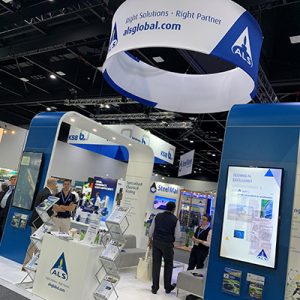Rural Victorian community battling bottled water giant over groundwater extraction
A small town in Victoria is refusing to give up in a David and Goliath-style battle to protect its groundwater from drinks giant Asahi Beverages.
Groundwater from the water table beneath Stanley in the state’s northeast is being extracted under licence from a local property and transported to Albury, where it is bottled for Asahi.
Many Stanley locals use the town’s groundwater to irrigate their fruit and nut orchards. They lost a four-year court battle against the extraction in April, leaving the community of fewer than 400 people to deal with $90,000 in legal costs.
The town is now taking the battle online, with residents group Stanley Rural Community Incorporated launching a petition calling on Asahi to stop bottling Stanley’s water. It currently has more than 122,000 signatures.
“There are no rivers in Stanley. This tiny community in the Australian state of Victoria is totally reliant on groundwater to sustain the fruit and nut orchards, which have provided the livelihood of the town’s 370 residents for over a century,” the petition states.
“With your help, we can show Asahi that it won’t get away with riding roughshod over a community’s right to the most precious natural resource we have: water.”
President of the Stanley Rural group, Ed Tyrie, told ABC Online that although they lost the legal battle, the community needed to take a stand as it is a social justice issue.
“You can’t take water from agricultural areas and turn it into a product that damages the environment,” he said.
Indigo Shire Mayor Jenny O’Connor said the water act needed updating to address the problem, likening the situation to fracking.
“This is taking our most precious resource, water, and we know it is under threat anyway from climate change and drought, and in the meantime this industry can operate virtually unfettered,” she said.
In a statement provided to the ABC, Asahi labelled the concerns over water extraction at Stanley as “misinformation”.
“We responsibly manage the water sources we use to ensure the impact on communities and the environment is minimised,” a spokesperson said.
“Hydrologists have concluded that the current rate of extraction is well within what is considered a sustainable rate for the source.”
Related video:
https://www.youtube.com/watch?v=9enC58pGl-s&t=1s

